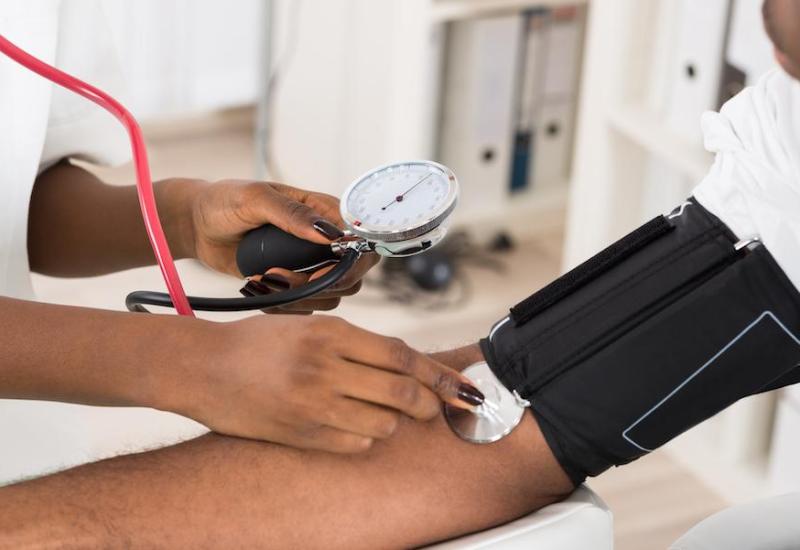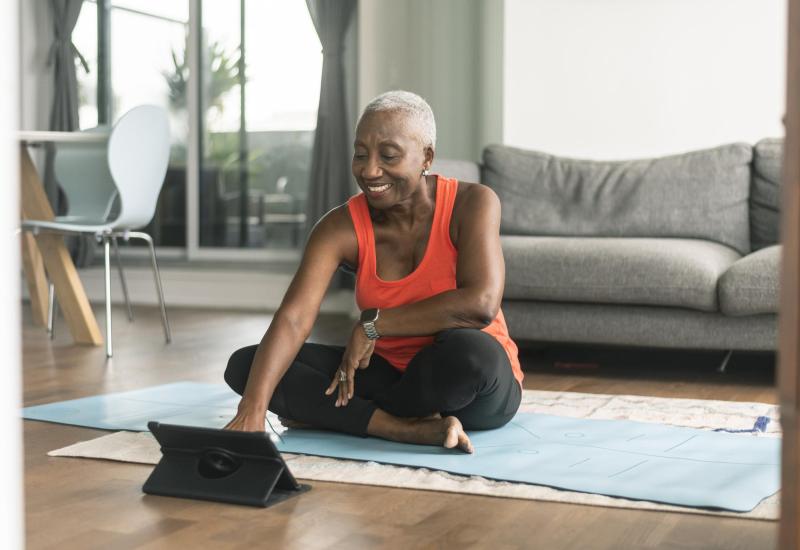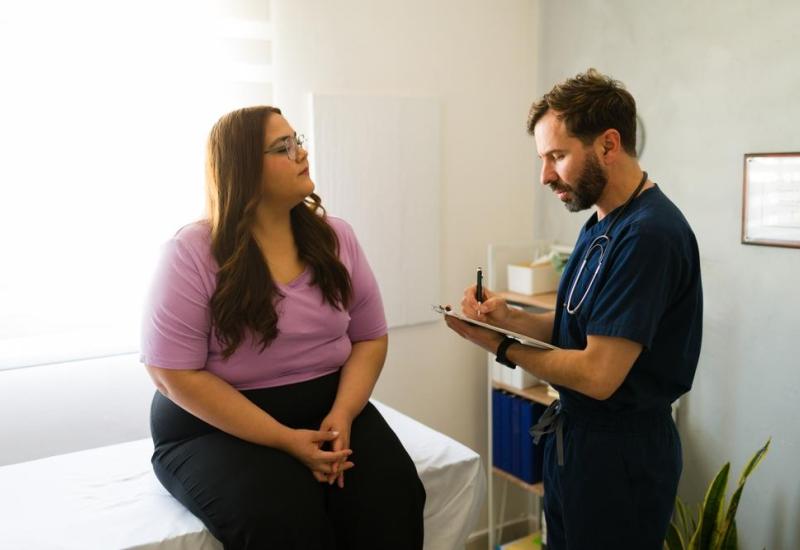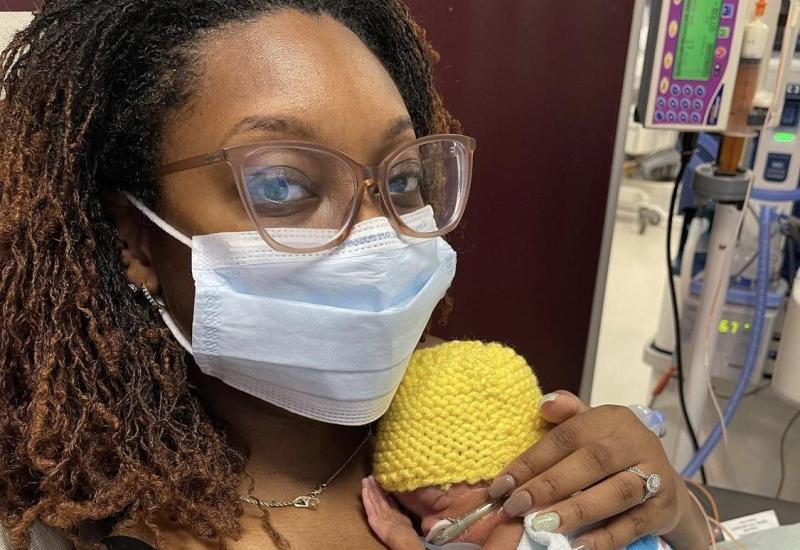Most Americans Avoid Lifesaving Colorectal Cancer Screening
(NewsUSA) - More than two-thirds of U.S. adults say they would rather file their taxes than get a colonoscopy, according to data from a new survey commissioned by the Colorectal Cancer Alliance, the leading nonprofit organization dedicated to ending the disease.
- More than two-thirds of U.S. adults say they would rather file their taxes than get a colonoscopy, according to data from a new survey commissioned by the Colorectal Cancer Alliance, the leading nonprofit organization dedicated to ending the disease.
In the survey, which included a national sample of 1,000 American adults, approximately half of respondents said that they prioritize household chores, such as laundry and childcare, over lifesaving colorectal cancer screenings, and 57% said they were unaware that these screenings can actually prevent colorectal cancer by removing precancerous polyps. If Americans knew this, 98% reported they would be more likely to undergo the screening, illustrating the need for greater awareness.
The majority (63%) of adults don't know that colorectal cancer is the leading cause of cancer death among men under 50 years of age, according to the survey. Even more concerning, 58% don't know that colorectal cancer is one of the most preventable cancers. Compounding the misconceptions, 61% incorrectly believe that screening should begin at age 50, but in fact it should start at age 45. Another alarming statistic: 58% of adults would not immediately seek medical attention if they noticed constipation, diarrhea or blood in their stool, which can be signs of colorectal cancer.
“These results reveal a life-threatening gap in public awareness of colorectal cancer,” said Christopher Lieu, M.D., medical oncologist and advisor to the Colorectal Cancer Alliance. “It’s imperative that everyone understands the importance of screening and makes it a priority, so more lives can be saved,” he said.
The need for more education and awareness is even greater in minority populations, according to the Colorectal Cancer Alliance. Black adults were less likely than white adults in the survey to recognize that colorectal cancer is often not detected until the late stages because symptoms are mild (35% vs. 52%) or colorectal cancer is among the most preventable cancers (29% vs. 46%).
Black adults also reported less familiarity with the colonoscopy procedure than white adults, according to the survey. Approximately half of Black adults versus three quarters of white adults knew that the procedure involves inserting a camera into the colon, and that a day of preparation is needed to ensure an empty stomach. In addition, 23% of Black adults said they thought a colonoscopy required an in-patient hospital stay versus 8% of white adults.
Hispanic adults showed the highest knowledge gap when deciphering colonoscopy myths and facts, with 34% answering three or more statements incorrectly, compared to White and Black adults (23% for both). Hispanic adults also were the most likely to say that finding time for health screenings is difficult, with 60% citing time as a barrier.
The benefits of colorectal cancer screening are well-documented, but more than a third of adults who haven’t been screened say they are simply afraid, according to the survey. However, only 17% of those who have been screened say that fear about the experience would keep them from being screened again.
Although colonoscopies allow doctors to remove suspicious pre-cancerous polyps immediately, people at average risk of colorectal cancer can choose from a variety of screening options that are convenient, quick and easy, including at-home stool tests like Cologuard and FIT. A doctor can provide advice on screening tests based on age, personal preference, risk factors and symptoms.
Visit getscreened.org for more information and take a free screening quiz (available in English and Spanish) to receive a personalized recommendation to share with your doctor.







